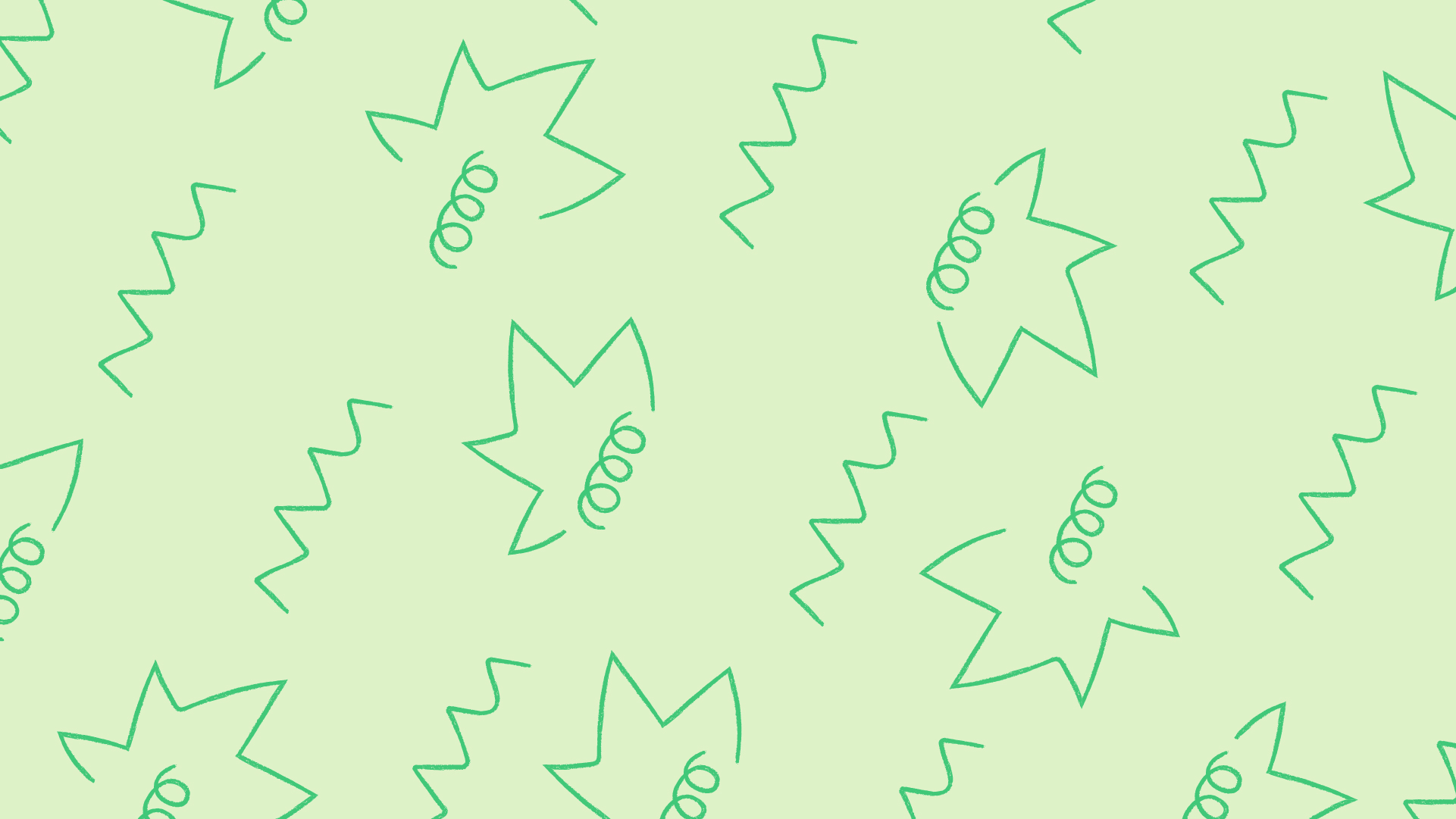
- 3 mins
ADHD as an Adult – My Superpower

How do I turn my child’s impulsiveness and inability to complete specific tasks or stay focused to persevere into a superpower? If your child is diagnosed with ADHD, you might be looking at some of the traits explained online.
Inattentiveness (difficulty concentrating and focusing) can be explained by:
Hyperactivity and impulsivity can be recognized by:
First, we need to notice what our children do well. If we are diagnosed with ADHD, we usually focus on the “red flags,” and everything our child or we struggle in. Imagine being observed through a magnifying glass, and all your challenges are pinpointed and discussed. We would probably all be a little more anxious, right? I feel many professionals focus too much on “challenges” and not enough on “opportunities.” Sedgwick et al. (2019) found that many core ADHD features could be explained as positive aspects specific to ADHD.
If your child is constantly on the go or has a thousand ideas, this could mean they have an entrepreneurial mind and requires a bit more stimulation than their peers. Why not include them in an interest-based extracurricular social group that encourages them to delve into these hyper-focused areas? If they are constantly playing Roblox, they might enjoy a coding class for kids. This could lead them into a wonderful and challenging career that they will enjoy and thrive in.
Many children diagnosed with ADHD will not be able to sit through a class while being able to listen if they are not allowed to fidget and lose focus from time to time. From someone diagnosed with ADHD, I know that fidget toys and being able to “doodle” while listening helped me tremendously to stay on task. Our minds are constantly busy, but that doesn’t mean we can’t focus on what is presented and where our mind takes us.
It is essential for anyone diagnosed with ADHD to remember that anything becomes tedious quickly. With the greatest of, parents will listen to professionals stating the importance of routines and often not understand why it is not working for their child. Your child might refuse to complete the tasks on the daily schedule or skip most of the items they are not interested in. There has to be a reason to complete tasks (for anyone, but more so for individuals with busy, ADHD minds). If you tell your child they need to complete their homework, try and give an interest-based reason why this is important for them to become independent and successful one day.
An example here is that I know how important meditation is, but I can’t get myself to meditate at the same time every day. I had to change that practice to give myself a definite reason. So whenever I feel anxious, I know I need to engage in an immersive and guided mediation (as these work best for me to keep me focused and entertained). I do the meditation specifically for that feeling. Then, once complete, it feels like something I can check off my list.
Yes, we are all unique and different, but sometimes it takes us decades to accept and celebrate our neurodiversity! Let’s celebrate the strengths, and then it might feel that the challenges are not as significant.
Are you an adult with ADHD? Then find out how to turn your neurodiversity into a superpower, too!
Sedgwick JA, Merwood A, Asherson P. The positive aspects of attention deficit hyperactivity disorder: a qualitative investigation of successful adults with ADHD. Atten Defic Hyperact Disord. 2019 Sep;11(3):241-253. doi: 10.1007/s12402-018-0277-6. Epub 2018 Oct 29. PMID: 30374709.